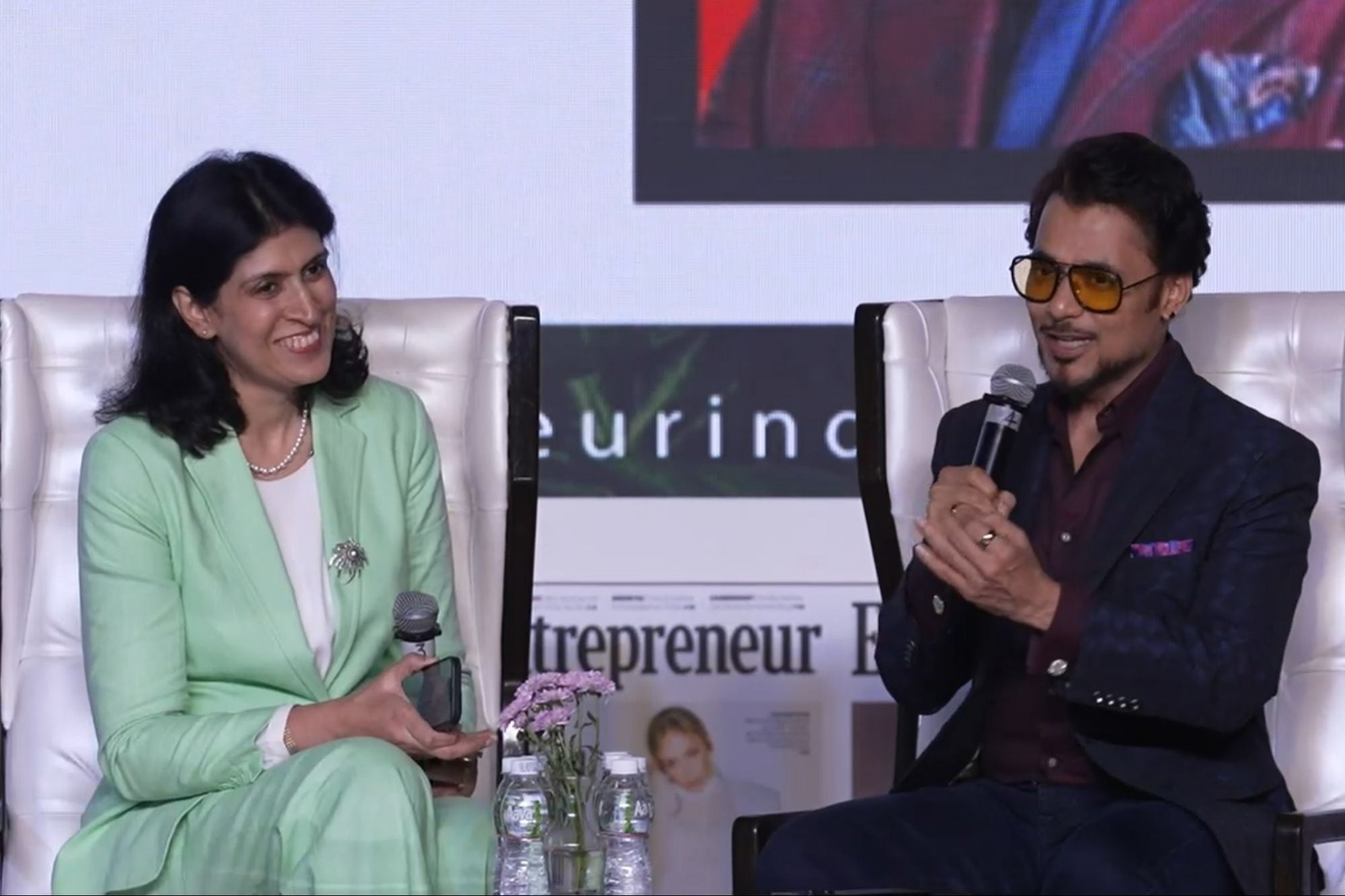3 Ways Your Start-up Can Compete With Established BrandsIf there is potential and value to be created, don't let the competitors hold you back
Opinions expressed by Entrepreneur contributors are their own.
You're reading Entrepreneur India, an international franchise of Entrepreneur Media.

Stemming from the ecosystem and human behaviour, all start-ups, at some point in their journey, will face competition. There will be a temptation to continually monitor the competition, especially the more significant players in the industry. While it's wise to learn from competitors and their mistakes, you cannot find yourself continuously focusing on their advantages and your limitations.
The key here is to focus on what you can control. You may be a new or smaller player, but that doesn't have to limit you. In fact, that could be your biggest advantage.
Larger enterprises have a higher level of bureaucracy and processes that may slow them down or make them miss the next step of innovation. This is fairly common. When you hear people say "oh if X gets into this, they will take over the market". That isn't necessarily true. There are reasons why established players hold back. Sometimes they may not see the vision; sometimes it could be something else. You cannot hold back on your goals for fear from a larger player, especially if you're innovating and believe in your vision as well as execution. Think of Blockbuster vs. Netflix and think of Adobe continuing to focus on their product suite, while start-ups are disrupting browsers for designing, video, and more.
While entering industries with high barriers to entry, you need to understand the legacy players and their control on the industry. If there is potential and value to be created, don't let the competitors hold you back. Instead, identify their weaknesses and thought processes. This happens over time when you build your team and clients.
1. Changing the Marketing Game:Larger competitors may have ad budgets that you may not be able to compete with. It would only increase your marketing costs and could turn into a game of who spends more to win.
For one of our key verticals that had an excellent product-market fit, we decided to change the game. Instead of spending on advertisements, we made a cybersecurity challenge, open to all, that appeared easy but really wasn't. With minimal promotional spends, this spread like wildfire. People started talking about us; they realized that they weren't able to achieve the objective that seemed relatively simple at first. This made them think. We put a lot of thought into the challenge and gamification of it, and it clicked. People became our brand ambassadors.
2. Changing the Hiring Game:Great minds make great start-ups. You need the best talent, yet you might not have the budget for it. Is that going to hold you back? There are like-minded people out there who prefer working for a start-up, instead of an established company. There are people out there who will believe in their vision. No one will find them for you, and only you can do that. Find these people, address their pain points, and only bring the best onboard.
3. Changing the Technology Game:你不能指望使用相同的技术堆栈or development processes and vision that larger players have. Timelines, budgets, or a lack of innovation may hold you back. Understand the weaknesses and process footprint of your competitors. If you could innovate, truly innovate, it will set you apart from the crowd.
Conclusion:
Finding the right product-market fit, and the least path of resistance to your goals is key. Learn from your competitors and focus on your start-up's innovation. The future belongs to those who have the vision to see it. The limitations you may see, might be advantages.










